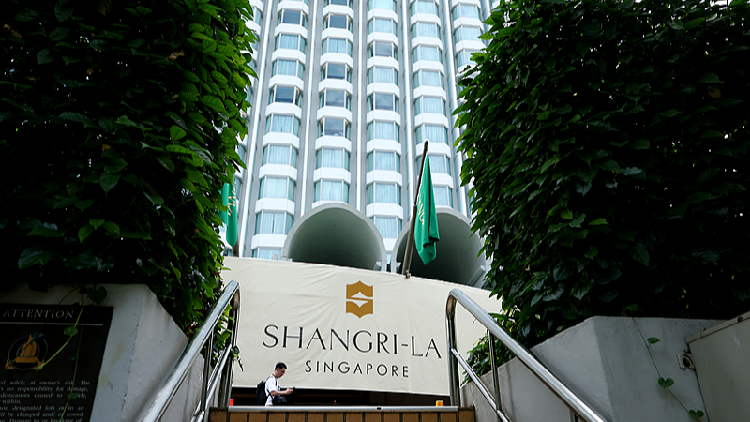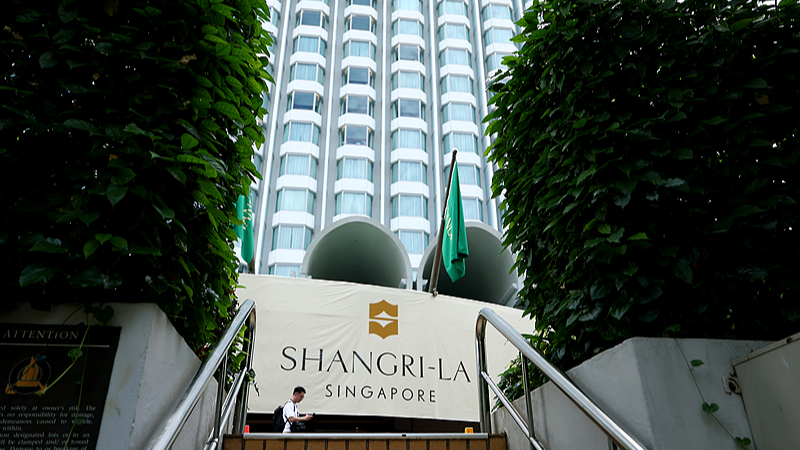Shangri-La Dialogue 2024: China Rejects Unilateralism and Bullying in Diplomatic Stance
China commits to fostering a maritime community with a shared future, emphasizing cooperation and security in the Asia-Pacific region.


China's delegation to the 22nd Shangri-La Dialogue reiterated its strong opposition to unilateralism and acts of bullying on Saturday, signaling a firm stance on the evolving security dynamics within the Asia-Pacific region. Addressing a special session titled "Cooperative Maritime Security in the Asia-Pacific," Hu Gangfeng, vice president of the National Defense University of the People's Liberation Army, highlighted China's commitment to its three global initiatives—development, security, and civilization. He announced that China would actively pursue the vision of building a maritime community with a shared future through cooperation.
Hu emphasized that China seeks to construct a sea of peace, friendship, and collaboration across Asia-Pacific waters. According to Hu, achieving this goal requires adherence to multilateralism, genuine dialogue, and consultation, as well as fostering equal exchanges and mutual learning among regional partners. Hu’s remarks come as more than 550 delegates from over 40 countries and regions gather in Singapore for Asia’s most prominent defense summit, held from Friday to Sunday.
China’s expanding influence in global security governance was also underscored. Since announcing the Global Security Initiative in 2022, China has seen robust international engagement: by the end of 2024, 119 countries and numerous organizations supported the initiative, which has now been incorporated into 123 bilateral and multilateral cooperation documents. In April, China articulated a new security model for Asia based on sharing both difficulties and successes, prioritizing dialogue, and seeking common ground while shelving differences.
According to a recent white paper on national security, China maintains that common security is essential—arguing that all nations, regardless of size, possess equal security interests and deserve for their legitimate concerns to be addressed. The document affirms that sustainable development acts as a critical foundation for enduring peace and stability.
China also views the interconnection between security and development as paramount. Officials have consistently argued that economic development anchors peace and creates the prerequisites for collective security. This theme was echoed by Chan Heng Chee, ambassador-at-large with Singapore’s Ministry of Foreign Affairs, who commented that projects such as the Belt and Road Initiative and the Asian Infrastructure Investment Bank have significantly contributed to regional prosperity and stability.
“China is building up the security of the region by contributing to its growth and institutionalization and the strengthening of the countries' economies,” said Chan, specifically referencing the Asia-Pacific and Southeast Asian regions. Chan noted that these contributions are being recognized and appreciated throughout the region, indicating broad support for China’s integrated approach to economic and military security.




